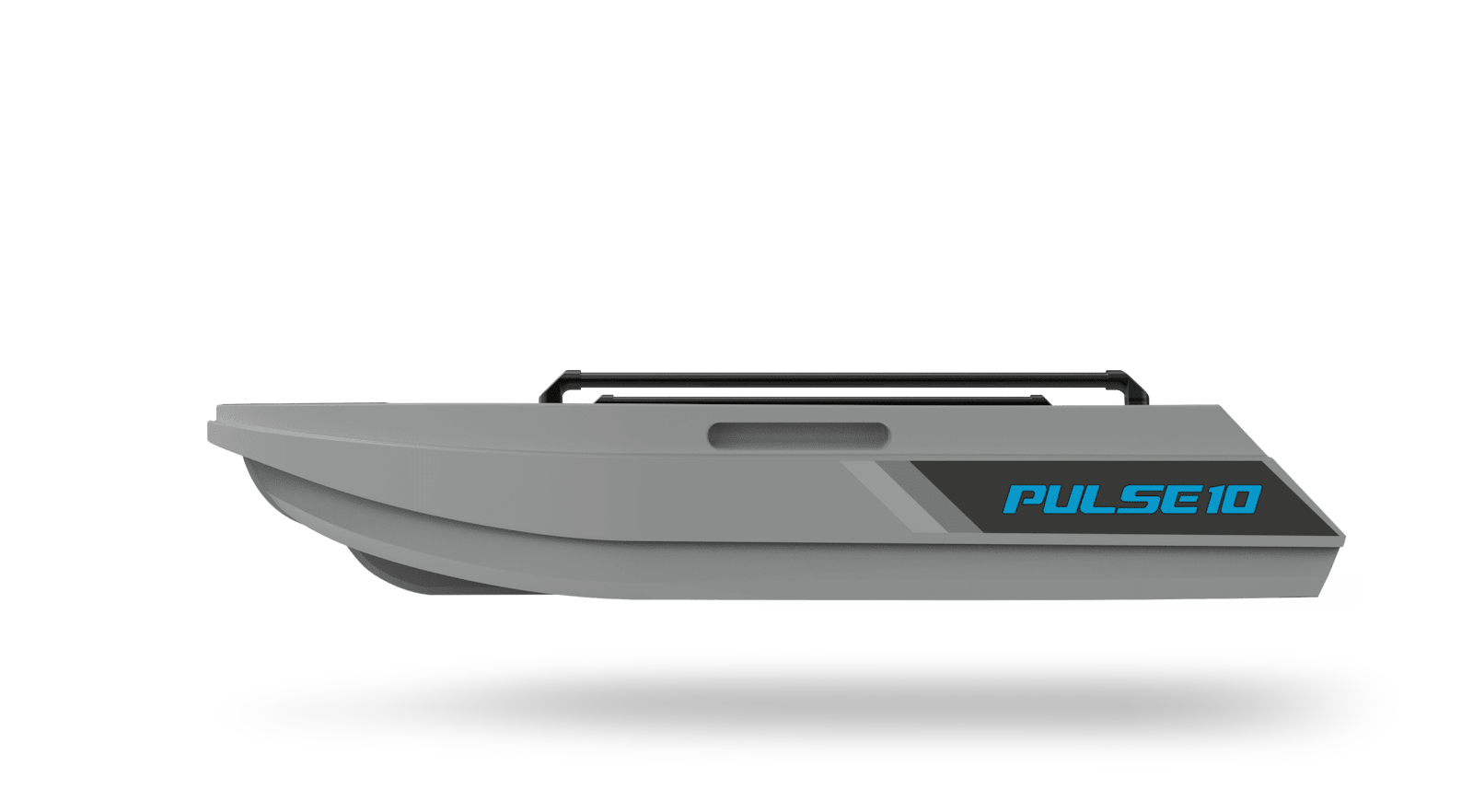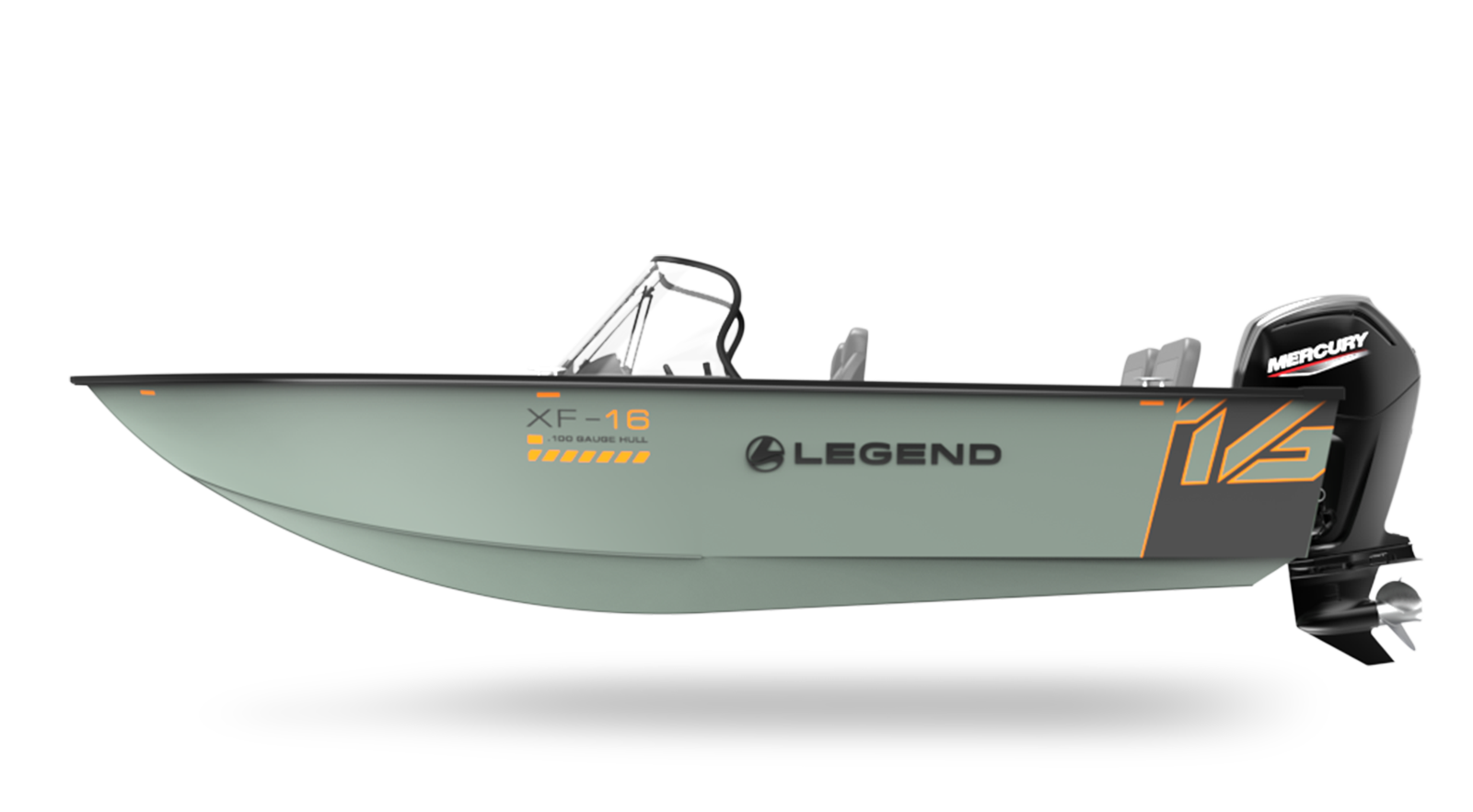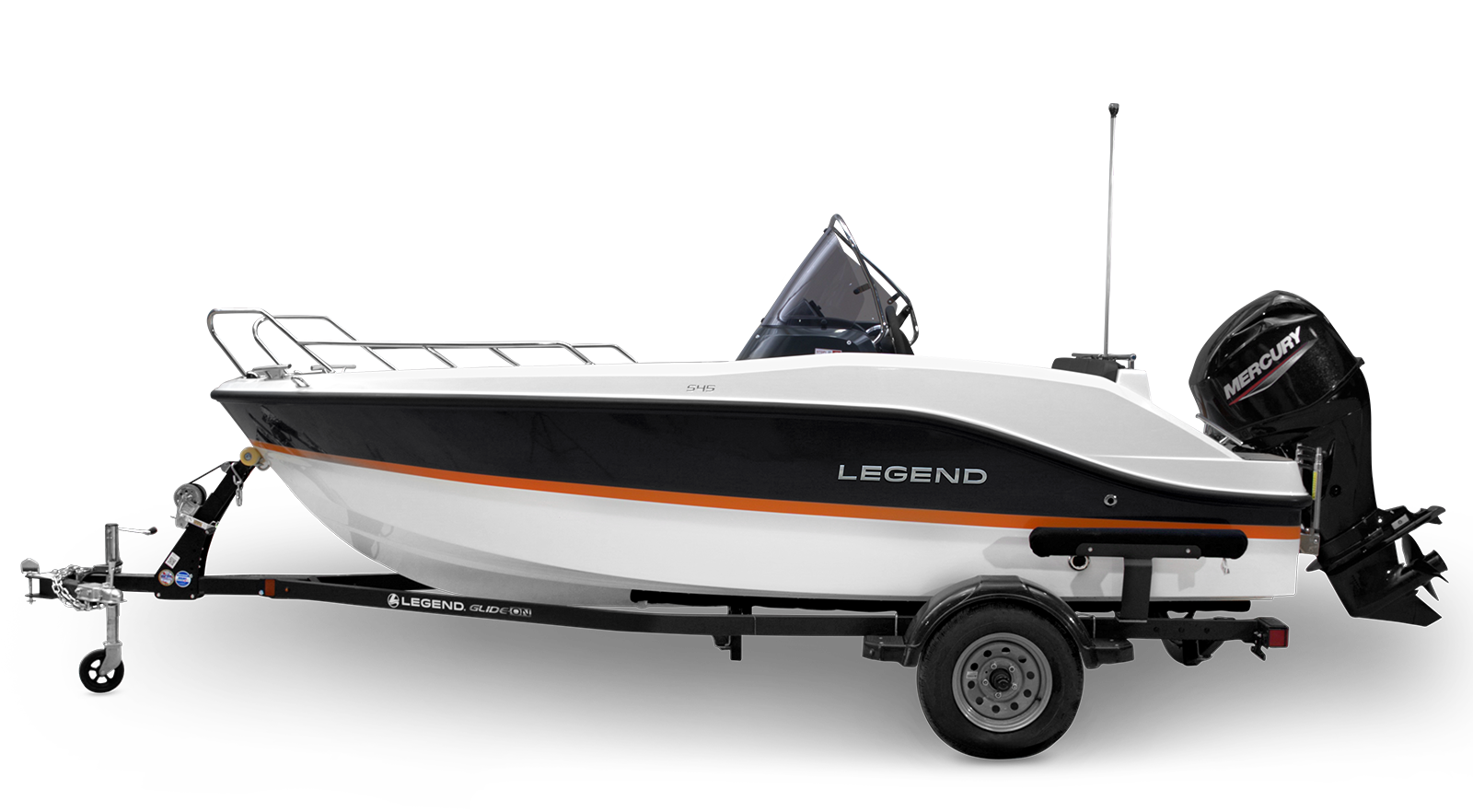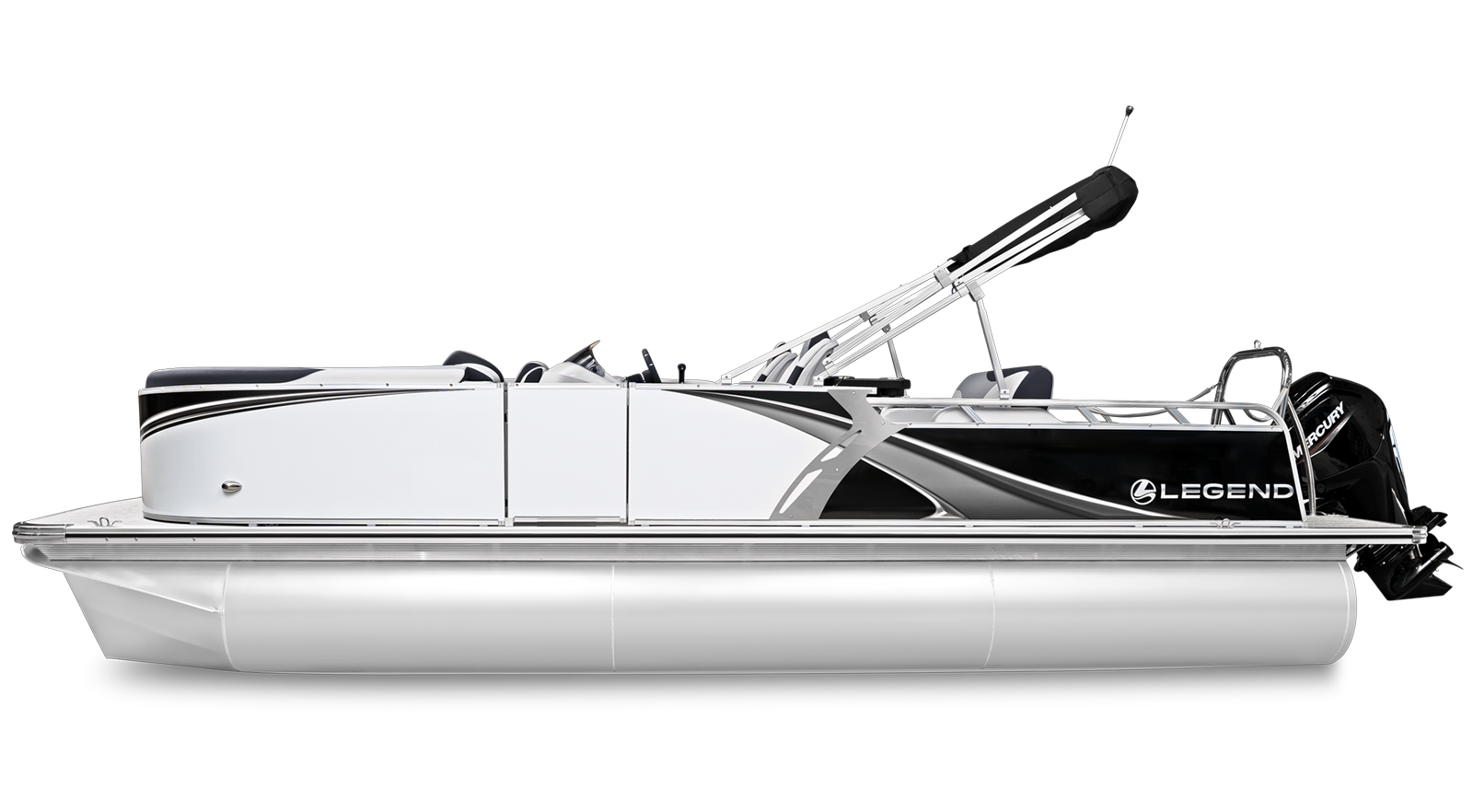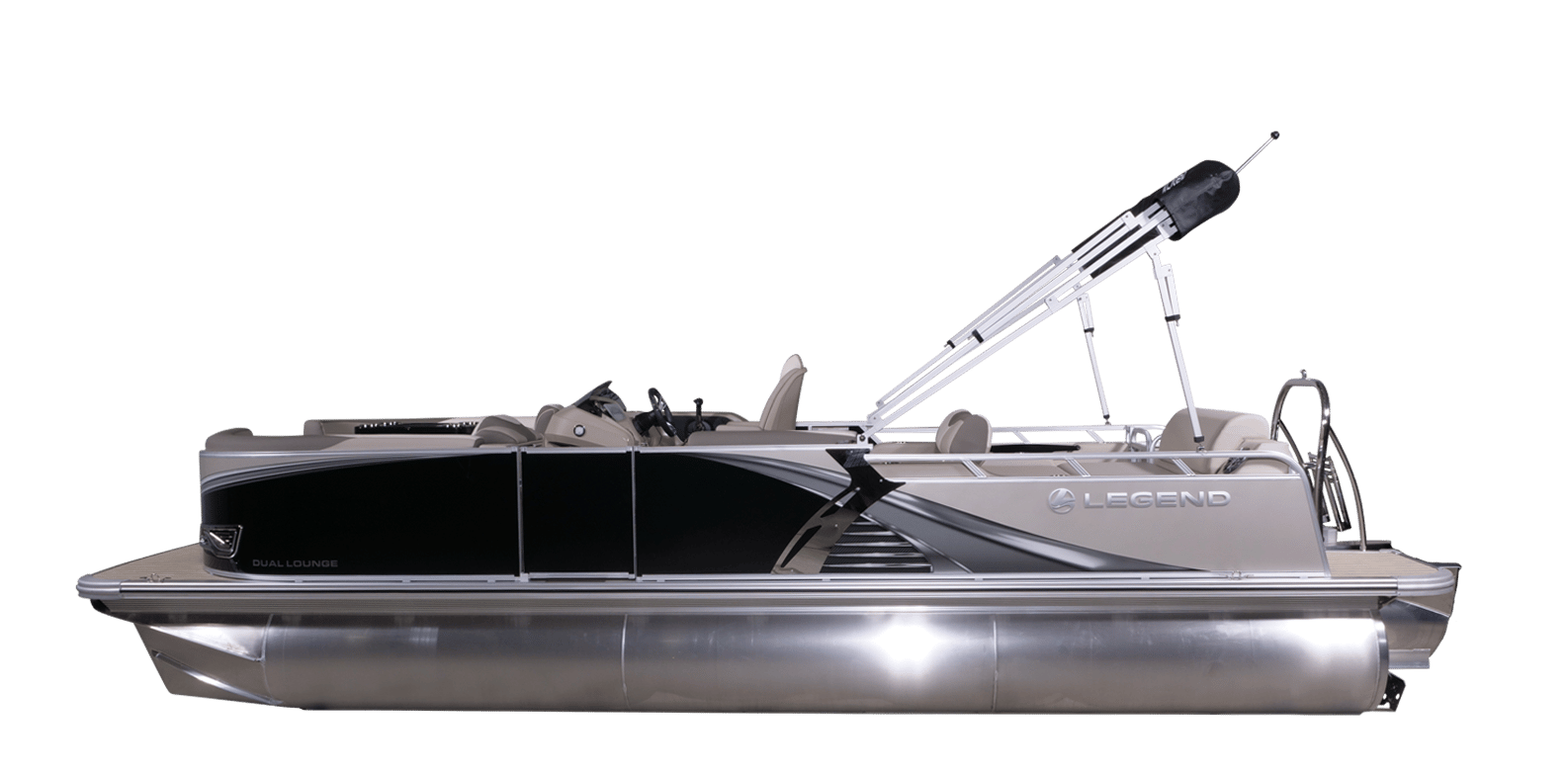Beating the Blues with Boating

You might be tired of hearing the phrase “Mental Health” by now. During the Covid-19 pandemic, it’s been repeated over and over, but what does it really mean? Does it matter as much as they say? Does it really affect everyone? What does it have to do with boating? Read on to find out more.
What is Mental Health?
According to Health Canada, mental health is the state of your psychological and emotional well-being. It’s a simple definition, and although the phrase itself is recent, we’ve all used some way of describing it:
“I’m not in a good headspace.”
“I’ve been really in the zone all month.”
“Lately I’ve been feeling weirdly down.”
Instinctively, we’re all aware of mental health, and how it impacts our day to day lives – but it’s difficult to put into words, which makes it harder to define and nourish. Because the mind is more abstract than the body, it’s not as easy as getting a massage for sore muscles or exercising to maintain cardiovascular fitness. But it’s no less important!
Make sure not to confuse mental health and mental illness. Mental illness is a medical condition, the same as a physical disease. However, it is true that poor mental health can lead to mental illness, just as an untreated cut can become an infected wound.
Does it really matter that much?
Having good mental health is more than just “being happy”.
From struggles with work to fish that just aren’t biting, we all face frustrations and challenges in our day to day life. A stable state of wellbeing enables us to face these challenges head on. It also makes us resilient to emotional harm and hardship, and even strengthens our bodies!
On the other hand, people with poor mental health are more likely to be severely impacted by illness and disease. Stress out too much, and you’ll negatively impact your immune system. At the same time, caring for our bodies by exercising will also often have positive psychological and emotional effects – the two go hand in hand.
Most of us socially distanced during the Covid-19 pandemic. This created entirely new challenges that we still face today. By keeping an eye on our mental health, and being aware of these challenges, we can prepare ourselves to rise to meet them.
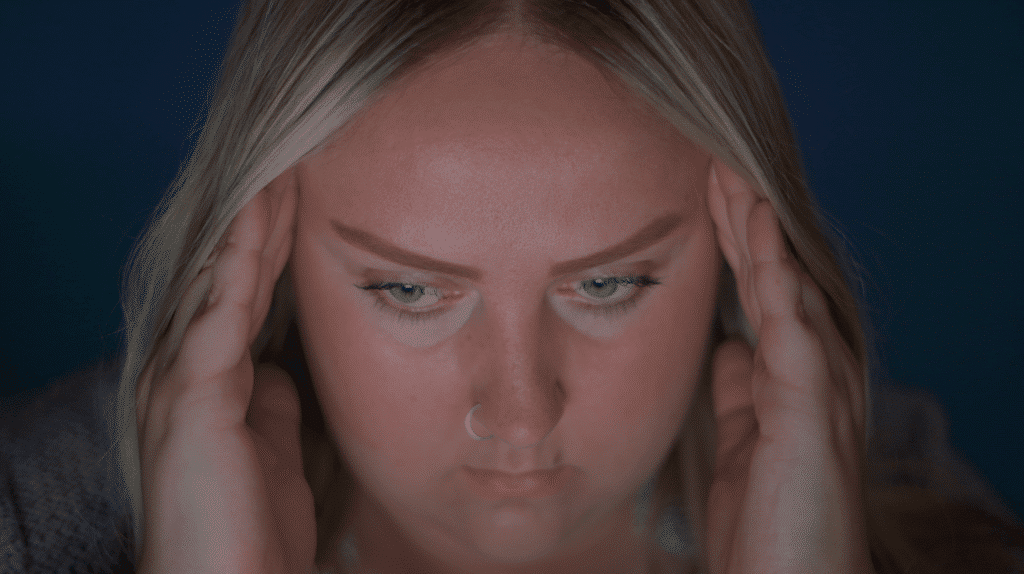
Does it really effect everyone?
A common reply to the mention of this topic is “I don’t have any problems with that.”
While this may be true, even if you were in perfect mental health at all times, there’s someone in your life who is not.
According to the Canadian Mental Health Association, every year, 1 in 5 Canadians will suffer from poor mental health or mental illness. Unless you’ve taken your Legend boat out to a remote island and live completely alone, you probably know at least 4 other Canadians – meaning you have someone in your life that struggles with mental health or illness. Mental health and illness also correlate with incarceration, substance abuse, and are estimated to cost the economy roughly 80 billion dollars per year. It is no exaggeration to say that mental health is an issue that affects everyone.
What does this have to do with Boats?
So mental health is important, but what does that have to do with Canada’s favourite boat manufacturer? Simply put – boating is fantastic for your mental health.
On our blog, we’ve written about nature as an effective, affordable and healthy way to care for your mental health. Recently, there have been more studies conducted in that field, as researchers strive to find out the specific mechanisms behind the effects, and how to best utilize them. One scientist, Dr. Wallace Nichols, a marine biologist, has specifically directed his attention to the effects of water on the human mind. Through his studies, he confirmed what generations of boaters have always known – being on, in, and even around water has a relaxing effect that reduces stress and increases serotonin levels. Dr. Nichols calls this the “Blue Mind.”
Even if you aren’t a boater, there are many ways to activate your blue mind:
- Hiking near bodies of water
- Placing running water sources like a small fountain in your home
- Keeping aquariums
- Swimming (indoors or out)
- Printing and viewing images of water
If you are a boater, you’re already taking advantage of the “Blue Mind.” Whether you’re casting from a fishing boat, reading a book on a pontoon, or tubing behind a deck boat, you can be confident that your mental health will be boosted on the water.

There is no single solution to maintaining a strong sense of well being, and all of us will struggle through ups and downs throughout our lives. Still, it’s great to know that our favourite pastime isn’t just for fun – it’s good for you too.
For more information on Mental Health, visit The Canadian Mental Health Association.
